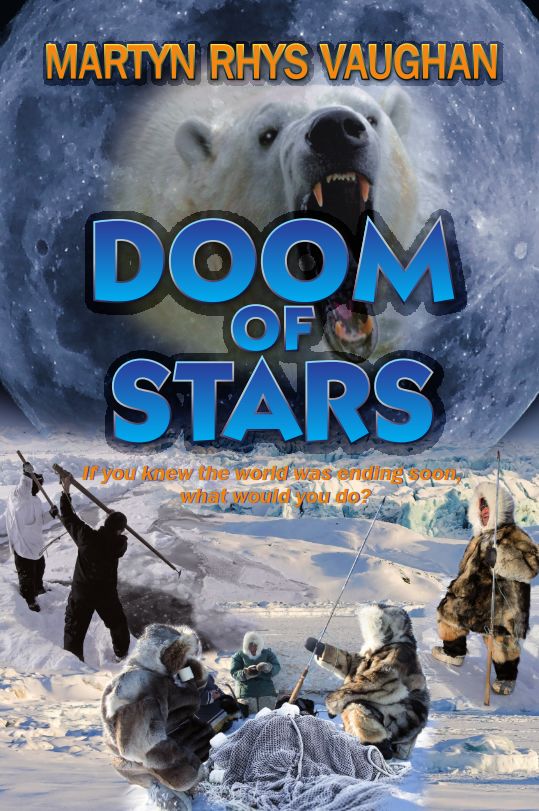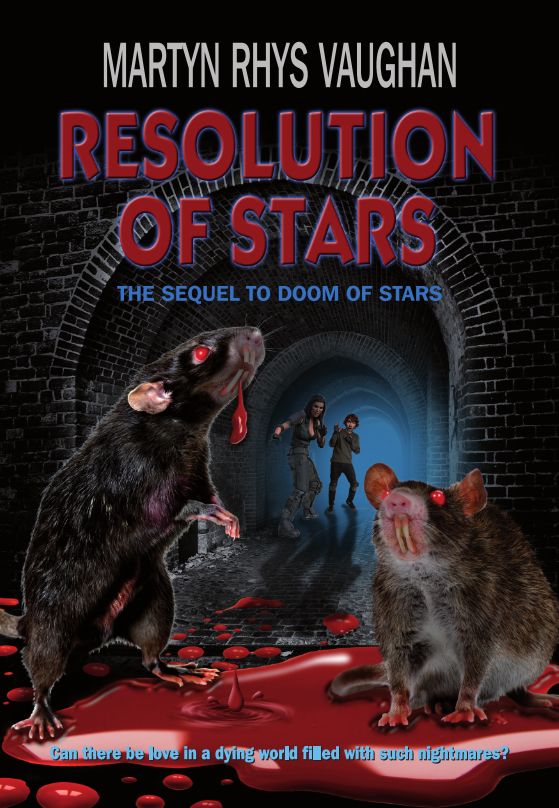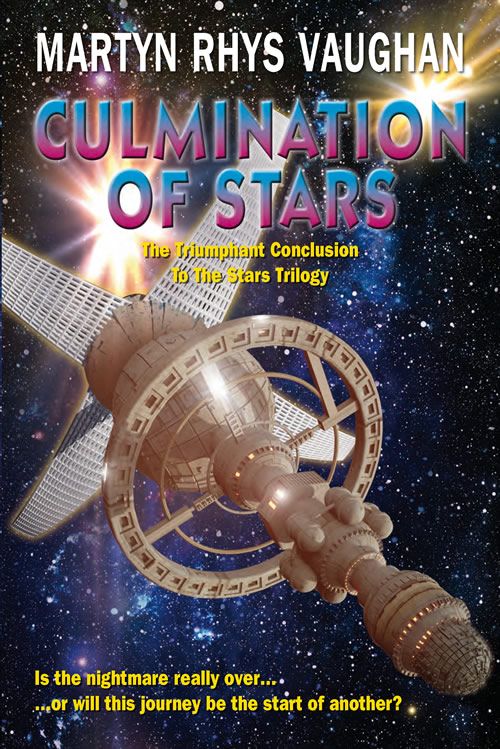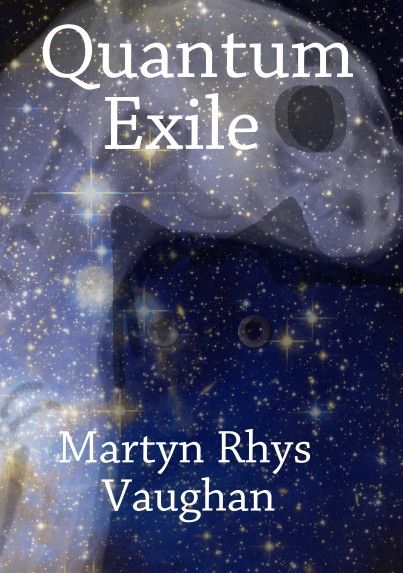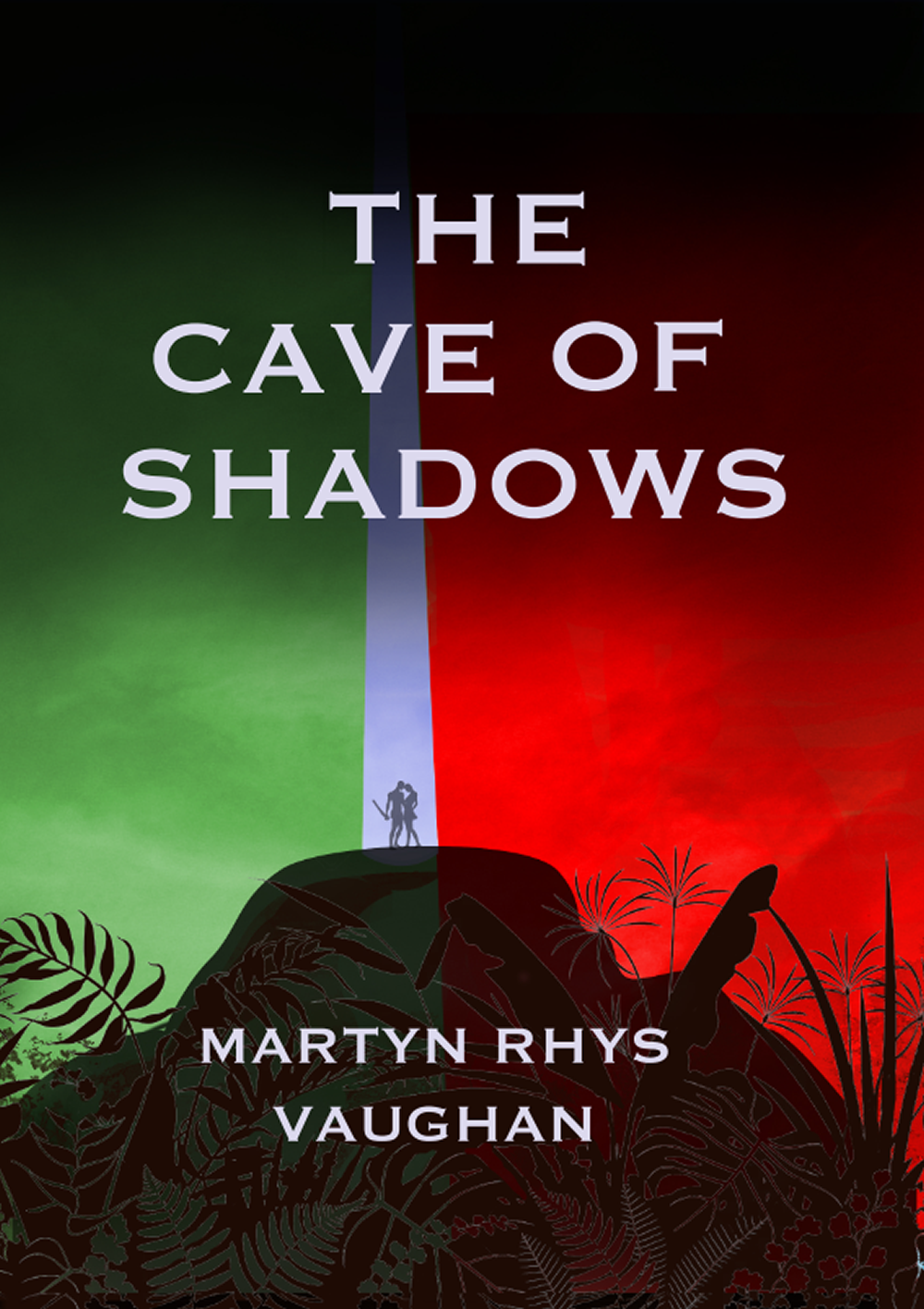Listen to this article or read below.
All of a sudden, everyone is worried about Artificial Intelligence. Suddenly, the old fears about the replacement of humans by machines have burst into general consciousness, after decades of being disregarded as worn-out clichés from the childish realm of (Gulp) “Science Fiction.” More and more people have tried ChatGPT and Bard, and discovered for themselves what they can do. These AIs can write university dissertations, diagnose hard-to-spot medical conditions, pass the entrance examination to the American Bar Association at the 90th percentile, work out the identity of motion pictures simply from a series of emojis showing the plot, advise men on how to leave their wives, write computer programs based on entirely on natural language input, discuss their own sentience, and ponder on the future of machine intelligence. I myself have used them to write Shakespearean sonnets, and short stories on the occult and SF.
Because of this sudden explosion of hitherto human-only activities , many people are worried that they are seeing the beginning of the replacement of human intelligence by machines.
The “Future of Life Institute” (whose members include Elon Musk) has published an open letter calling for a halt on future development of AI, until and unless research on its implications have been carried out.
Are they right to be worried?
Of course, they are.
Perhaps the most important defining characteristic of SF is its understanding that the future need not resemble the past. Whereas so-called “Literary Fiction” relates its stories of the interplay of human emotions against a static background, which can be set any time after the Palaeolithic, and assumes that such emotions are the most important characteristic of the experience, SF knows that this is not true. There are forces much more powerful than human emotions.
The idea that the future need not resemble the past is one which was born in the European Enlightenment of the Eighteenth Century, and the “Disenchantment of the World” which automatically followed. Previously, all religions had held human beings and their doings to be the central feature of the Universe, and the supernatural beings who ran the Universe had human affairs as their main preoccupation. Indeed, without humans why have gods in the first place?
The Enlightenment, followed by the development of the scientific method and the Industrial Revolution, showed that humans did not inhabit a static world, and things could change radically — not necessarily for the better. Indeed, a mechanistic universe could be one in which human beings become extinct — something no religion had contemplated.
Both Mary Shelley and Karel Capek saw the possibility of humans being replaced, but as their agents of change were biological, they will not be discussed here.
The first thinker to foresee that mechanical (i.e. non-biological) progress might have a sting in its tail was the Victorian novelist Samuel Butler (1835–1902) in his satirical work “Erewhon” (“Nowhere” backwards, in case you hadn’t noticed.) Erewhon is a Utopian state, precisely because they have abolished all complicated machines. Butler was very interested in Darwinism, and realised it could be applied to machine evolution as the following passages show:
“There is no security against the ultimate development of mechanical consciousness, in the fact of machines possessing little consciousness now. A mollusc has not much consciousness. Reflect upon the extraordinary advance which machines have made in the last few hundred years, and how slowly the animal and vegetable kingdoms are advancing. … what will they (the machines) not in the end become? Is it not safer to nip the mischief in the bud and to forbid them further progress?
“Complex now, but how much simpler and more intelligibly organised may (they) not become in another hundred thousand years? or in twenty thousand? For man at present believes that his interest lies in that direction; he spends an incalculable amount of labour and time and thought in making machines breed always better and better; he has already succeeded in effecting much that at one time appeared impossible, and there seem no limits to the results of accumulated improvements if they are allowed to descend with modification from generation to generation. It must always be remembered that man’s body is what it is through having been moulded into its present shape by the chances and changes of many millions of years, but that his organisation never advanced with anything like the rapidity with which that of the machines is advancing. This is the most alarming feature in the case, and I must be pardoned for insisting on it so frequently.
“Herein lies our danger. For many seem inclined to acquiesce in so dishonourable a future. They say that although man should become to the machines what the horse and dog are to us, yet that he will continue to exist, and will probably be better off in a state of domestication under the beneficent rule of the machines than in his present wild condition.
We treat our domestic animals with much kindness. We give them whatever we believe to be the best for them; and there can be no doubt that our use of meat has increased their happiness rather than detracted from it.
In like manner there is reason to hope that the machines will use us kindly, for their existence will be in a great measure dependent upon ours; they will rule us with a rod of iron, but they will not eat us; they will not only require our services in the reproduction and education of their young, but also in waiting upon them as servants; in gathering food for them, and feeding them; in restoring them to health when they are sick; and in either burying their dead or working up their deceased members into new forms of mechanical existence.”
- Erewhon, 1872.
Butler was clearly aware that biological evolution was a very slow process, that took over 3 billion years to convert water and organic chemicals into humans. However, sceptical one may be about machine evolution, it cannot be denied that this is not a very impressive time scale.
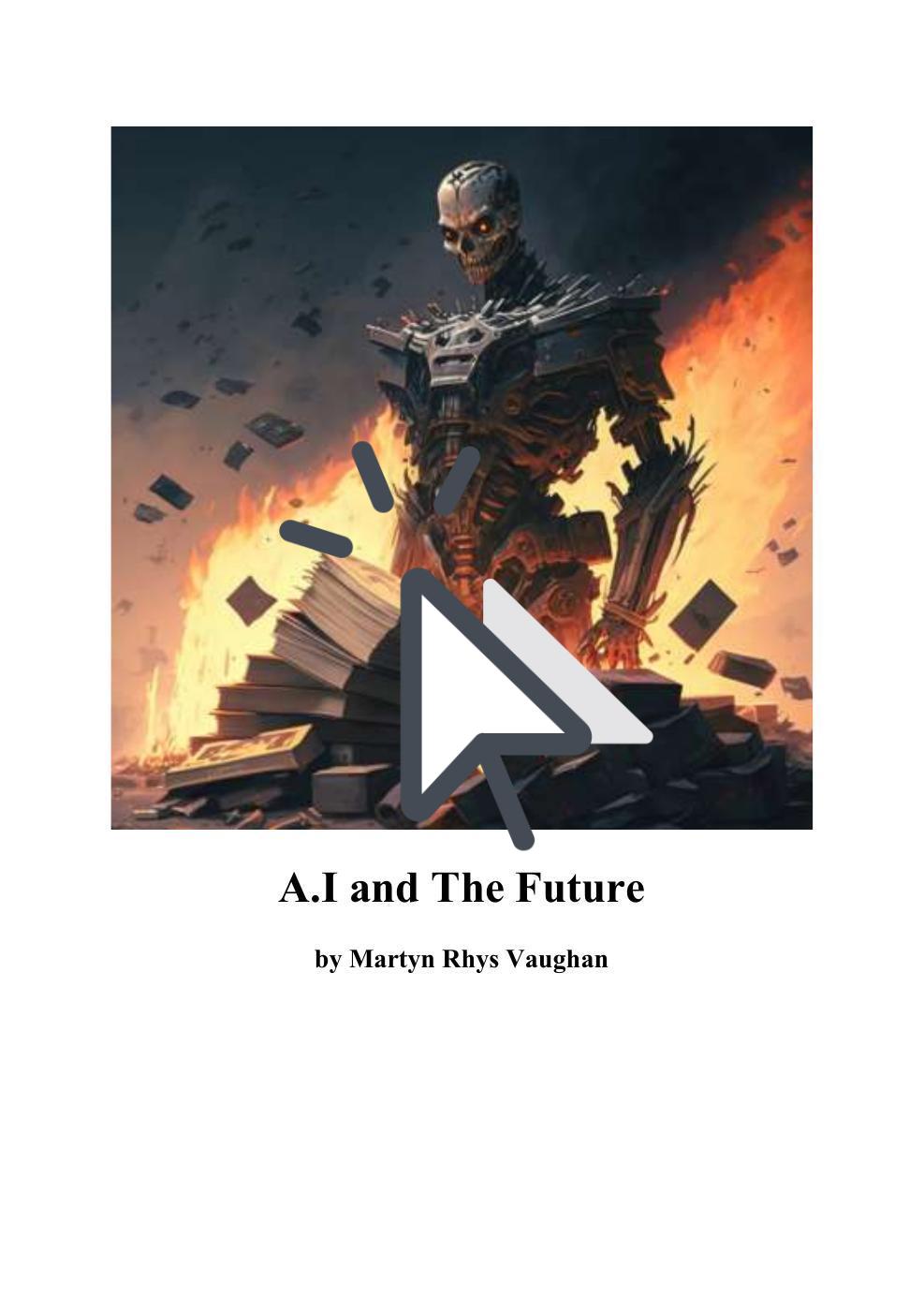
Article by Martyn Rhys Vaughan (with permission). Martyn is the author of six SciFi books published by Cambria. These can be viewed HERE or as Kindle eBooks on Amazon.
